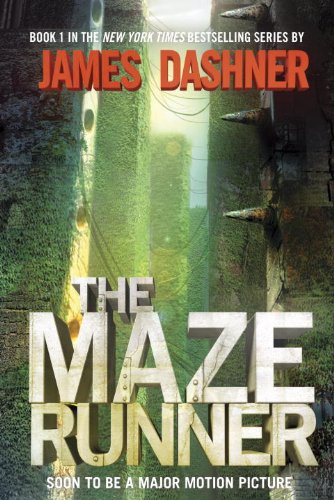
The challenge: write a complete story in 500 words or less following these guidelines:
Setting: Scotland Yard
Genre: Dystopian + military sci-fi
Trope: New frontier
Characters: Captain Kirk + manic pixie dream girl
POV/tense: 2nd/present
The result:
A New Frontier Awaits You
His name: Ossetian. Lieutenant in the Global Atlantic Empire’s Forces. Red hair. Muscled. Suspicious eyes. Seeing those eyes in person convinces you he is indeed a counterrevolutionary. He sits across from you in the cafe with a gesticulating Asian man not in any dossier.
How’s the coffee?
The waitress pulls you from your observation. She’s fit, hint of makeup, severe brown bob, twinkling green eyes.
Fine, you say.
Just fine? She pouts. Never seen you here before.
You glance at Ossetian. His companion stalks out. Ossetian remains.
The waitress cocks her hip. You need something sweet in your life. How about a strawberry croissant?
You debate trailing the companion. The waitress lingers with a sly smile. On me, she says.
You’ve already got a snap of the companion to feed into the Mil-FBI database. Sure.
She returns with the croissant. I’m Minka. She waits for your answer. Don’t be rude now.
Kirk, you confess.
As you leave she slides beside you and whispers something in your ear you don’t quite catch. Before you step in the rain she says clearly, come back to me.
You go back, though not for her. Ossetian meets with a revolving retinue at the cafe. Still no proof he’s been corrupted by the group that calls themselves Scotland Yard. They’ve corrupted the wetware of millions. How, though? Your enhanced interrogations produced nothing. At this frustrating rate you’ll never advance beyond captain.
Minka grows brazen. She says her shift ended. She joins you for espresso and says you really need to loosen up, Kirk. Surely the empire would want you to unwind. Then she’s in your bed whispering words that melt into nothing. As the sunrises on yet another morning together, you think maybe she’s right. Maybe there is more to life than fortifying the principles of the empire.
Ossetian stops going to the cafe. After three days you realize you miss her. You try to dismiss these unsanctioned emotions; it feels as if something’s infected your wetware. If true, you’ll be ejected from Mil-FBI. Or worse.
Midnight. Intel suggests the factory is Scotland Yard’s HQ. You lead your squad inside. You stalk empty rooms. You climb stairs. No sign of anything remotely Scotland Yard. Third floor your squad grows restless. It’s a bust, your second says. Basement, you order. You descend. Dank rooms. Darkness. A light from behind a closed door. You crack it open.
The Asian man, Ossetian’s first companion at the cafe, sits beneath a dangling bulb.
Lovely to see you again, Captain.
I don’t know you.
But we know you.
Your squad rustles behind you. One more word he’ll ruin your career. You level your weapon at him.
What a prize, he mutters. He locks eyes and tells you clearly, A new frontier awaits you.
The words strike a memory: Minka’s whispers. They worm into your wetware. You feel the corruption in real time. A cracking. A shattering. Shackles break.
Clarity, for the first time. You turn and fire. Four bodies fall.
Image by vecstock on Freepik

